In a politically charged upheaval that has rocked Kenya’s highest court, embattled former Deputy President Rigathi Gachagua has taken his fight to the Supreme Court—accusing the National Assembly of flagrantly abusing judicial processes and attacking the very credibility of the judiciary.
Gachagua, who was impeached in October last year and subsequently became the center of a constitutional tug-of-war, filed a high-stakes petition today.
He alleges that the National Assembly’s conduct in his impeachment case crossed the boundary between political maneuvering and judicial interference. His legal team insists that Parliament’s actions represent a calculated assault on the integrity of the Supreme Court, compromising the separation of powers.
A key flashpoint in this dispute is the controversial role played by Deputy Chief Justice Philomena Mwilu, who, last October, empaneled a three-judge bench without authorisation from Chief Justice Martha Koome.
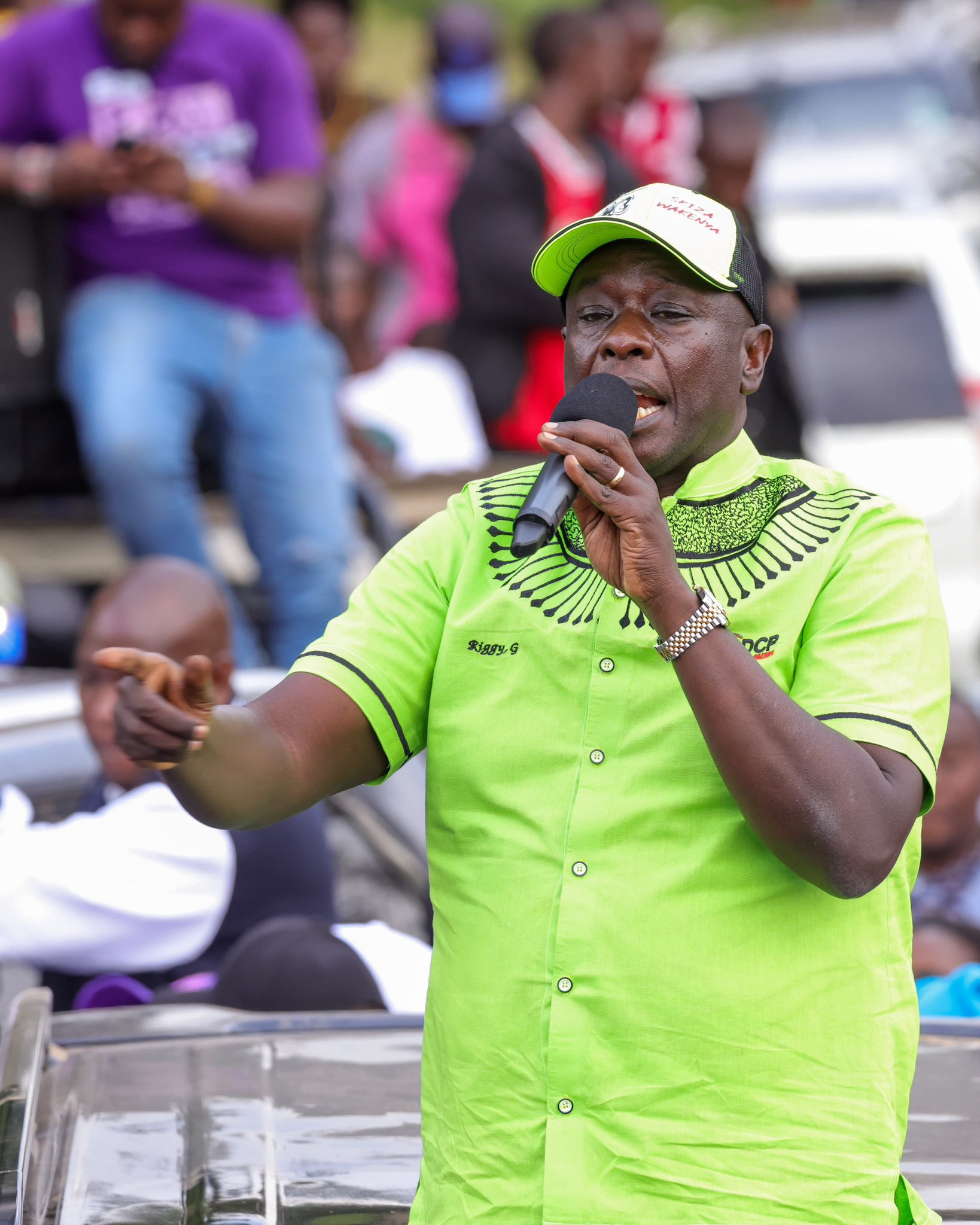
The Court of Appeal later ruled that such authority belongs exclusively to the Chief Justice under Article 165(4) of the Constitution—delivering Gachagua a procedural victory.
In response, Chief Justice Koome reassigned the same judges, acknowledging both the Court of Appeal’s instructions and the importance of judicial continuity.
This latest petition represents Gachagua’s strategic escalation, aiming to force a reckoning at the apex court. He charges Parliament with overreaching its mandate and placing undue pressure on judicial independence.
The stakes couldn’t be higher—this showdown may redefine the limits of legislative power and entrench the sanctity of Kenya’s constitutional order.As the Supreme Court deliberates, the nation watches closely.
Will it reaffirm the Chief Justice’s exclusive power to assign benches—and with it, protect the architecture of judicial authority—or will it yield to a political storm that threatens institutional checks and balances?




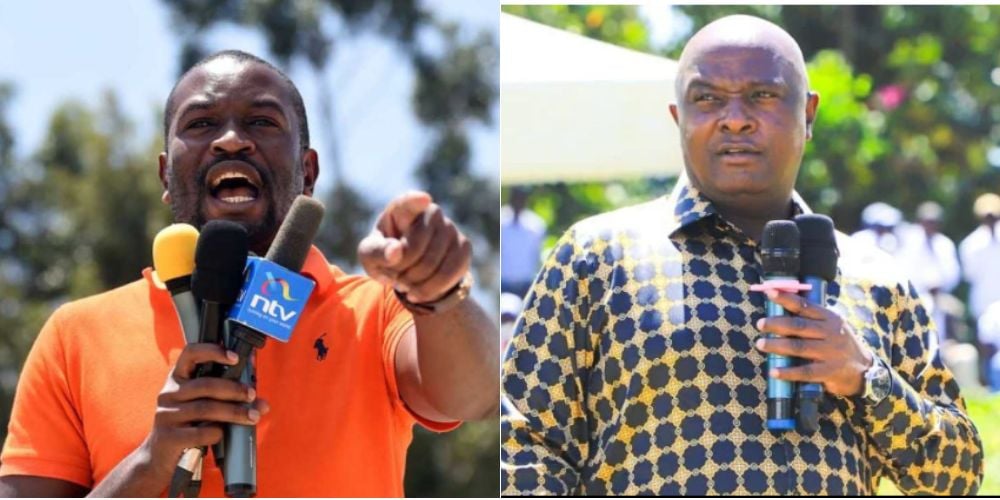
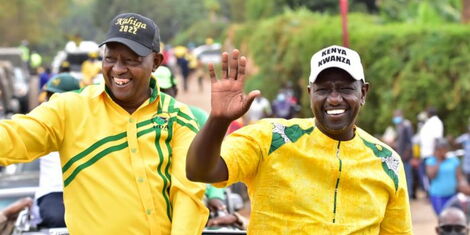
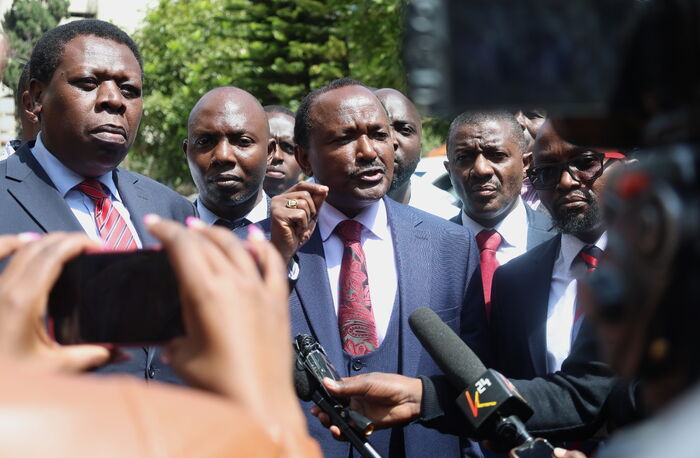
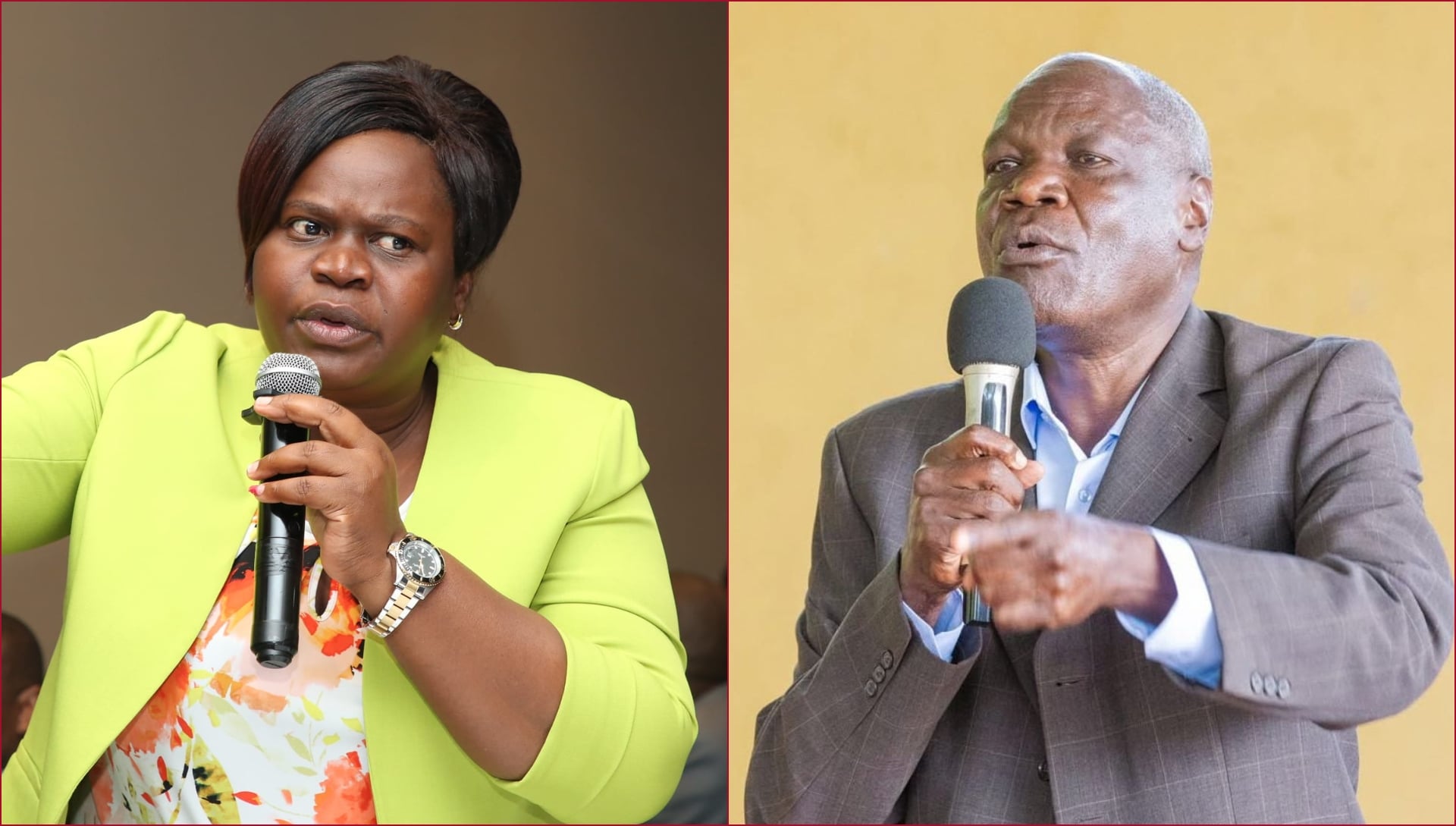
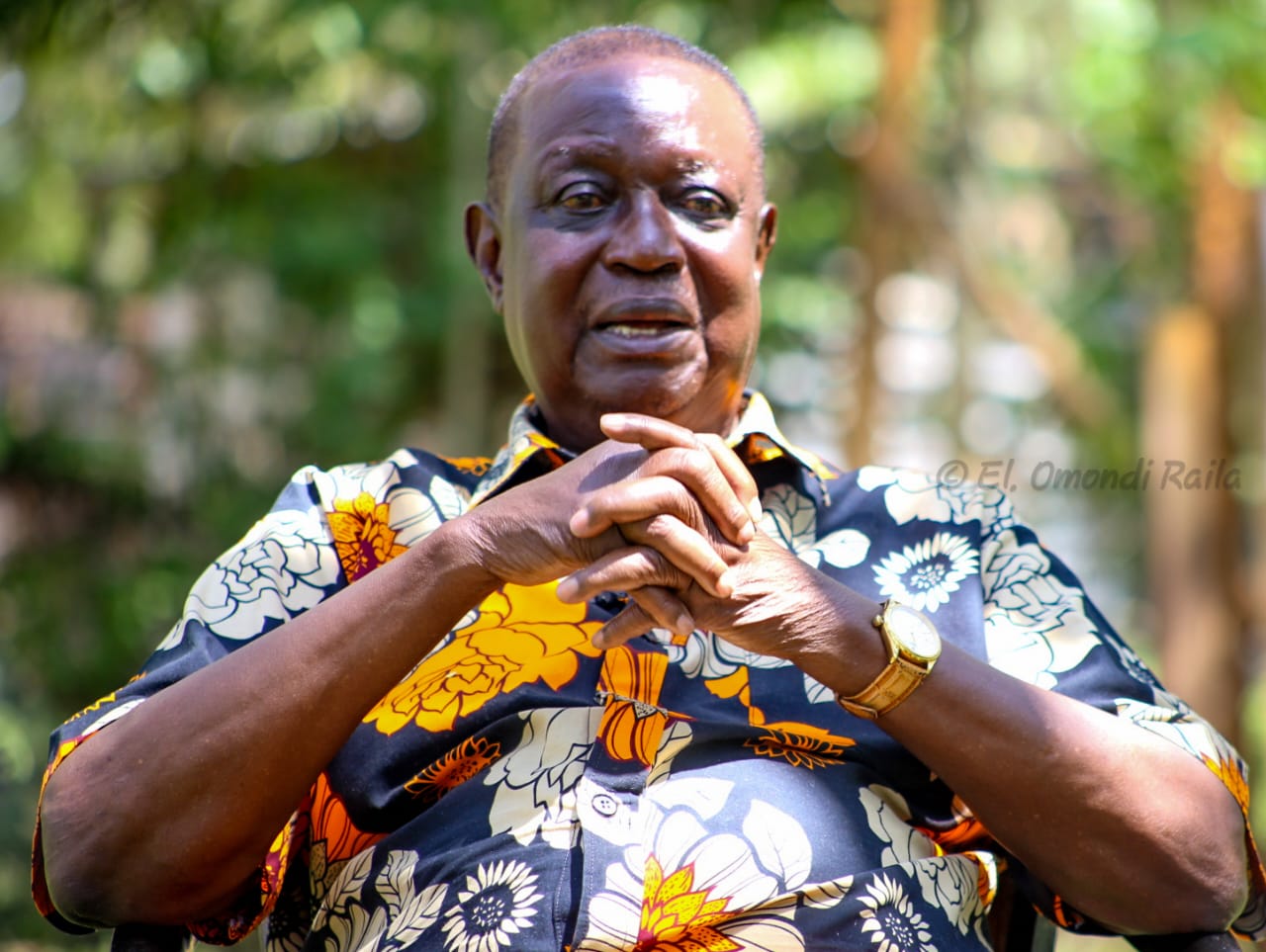
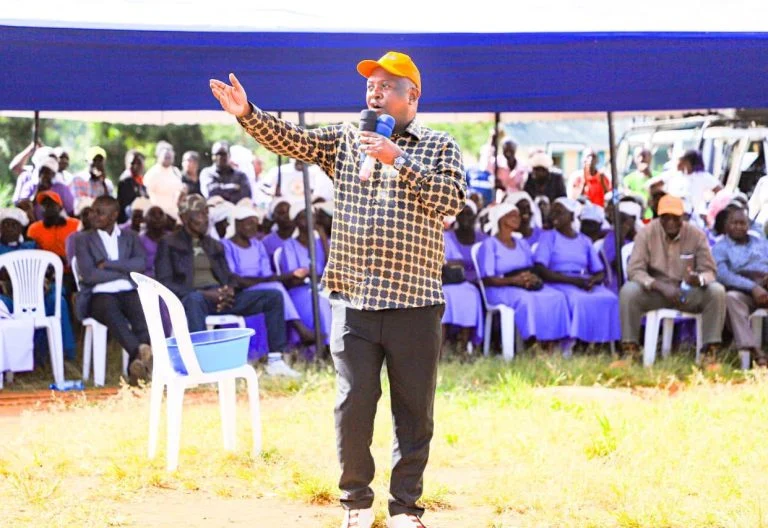
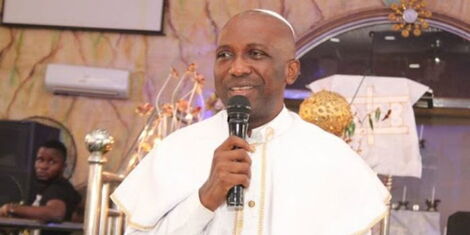
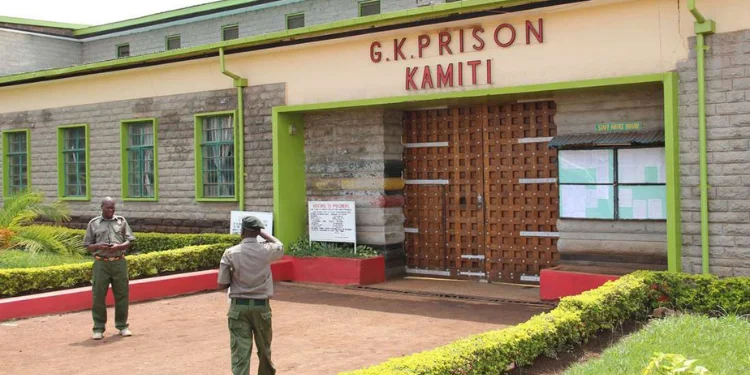

Leave a Reply